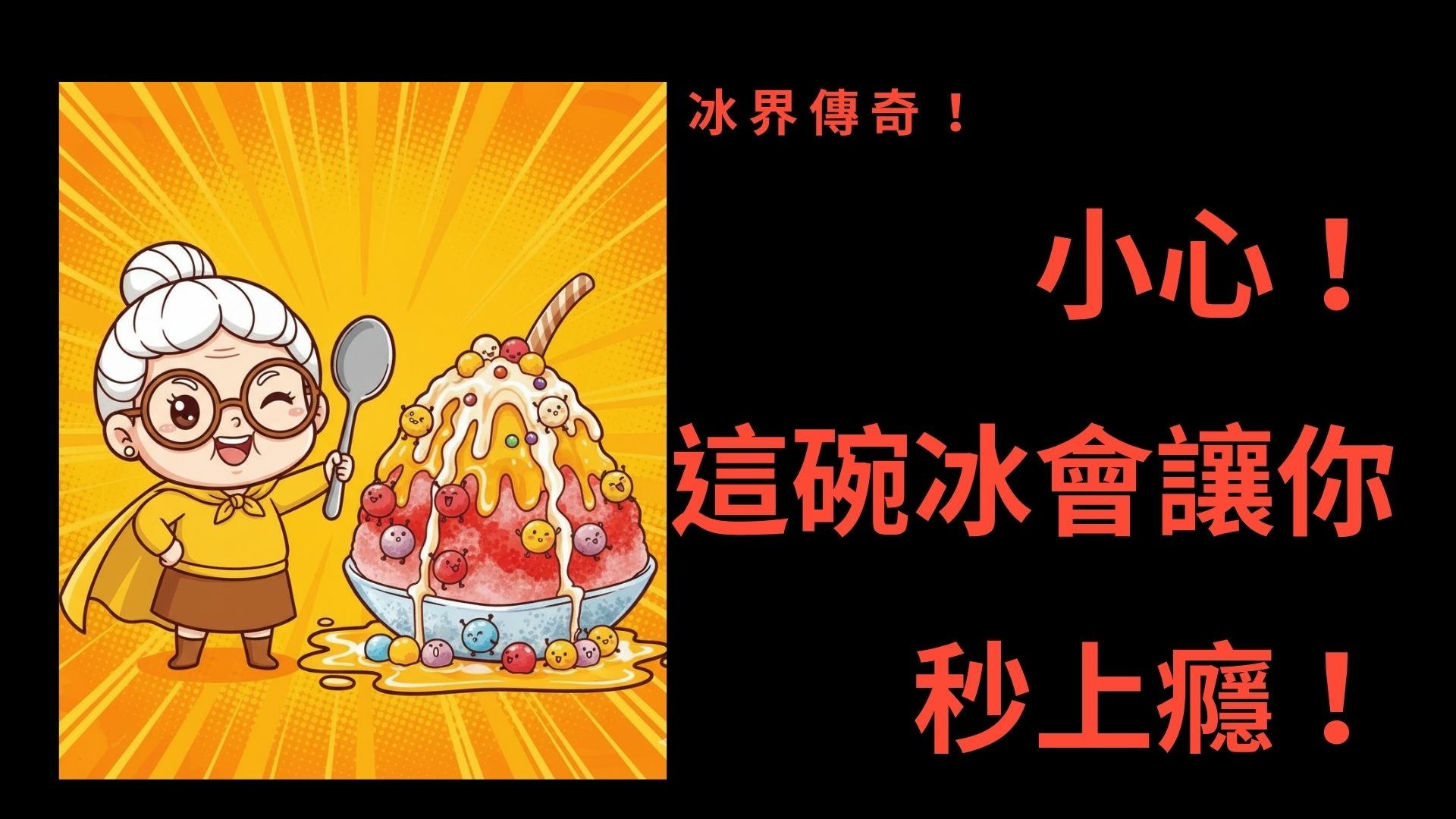丁子霖(1936年12月20日-),生于上海,前中国人民大学哲学系副教授[1],天安门母亲运动组织发起人。其丈夫蒋培坤为中国人民大学哲学系教授,二伯父为丁文江。
丁子霖1947年考进景海女子师范大学附属中学,1956年考进中国人民大学新闻系。1995年丁子霖60岁前退休,现居北京。
1989年春北京发生以悼念胡耀邦、反官倒反腐败为主要诉求的游行,进而发展为绝食抗议运动。一部分学生留滞天安门广场。5月19日,为控制局势,中国政府颁布戒严令。6月3日夜,中国人民解放军决定要强行清场,部队在向天安门广场进军的过程中,遭到抗议人民的阻挠.军队开枪射击以强行推进,遂造成流血事件,后称六四事件。丁子霖表示她17岁未成年儿子蒋捷连跳窗离家经木樨地去天安门广场,在复外大街29楼前长花坛后被子弹击中丧生。丁子霖极其悲痛,联合其他死难者的家长,要求政府还其公道,并搜集到一个经过核实的六四死难者名单。[2]中国政府则认定她为美国反华组织工作,并接受非法资助,因此对她进行了严密监控。
2004年3月28日丁子霖、张先玲(失去了19岁的儿子)和黄金平(失去了30岁的丈夫)被拘捕[3]。当局最初否认此事,但之后表示她们“参与了外国势力支持的非法活动”。她们在那星期末获释放,但直到天安门事件15周年前夕都受到严密监视。她们的支持者称她们遭到了软禁。她们的电话被监听,还被要求不得与其他活跃分子、外地传媒和人权组织通话。
2006年11月7日,美国《时代》杂志亚洲版选出“60年来的60名亚洲英雄”丁子霖榜上有列,对她的颁奖词为“一位心碎的母亲为揭露天安门屠杀的真相而战斗”。[4]
2009年4月六四20周年前夕,丁子霖在北京接受媒体访问时表示:“谁也不想颠覆共产党的政权,但是这个问题要解决。在他们不认错的情况下,我绝对不宽恕他们。”[5]
她与被指为六四幕后黑手之一的鲍彤在接受法新社访问时表示:“到现在为止,国际社会仍然对中国政府采取姑息政策。他们对这次暴行宽大仁慈。”鲍彤则补充说国际社会不愿意冒犯中国。[6]
Professor Ding Zilin (Chinese: 丁子霖; born December 20, 1936 or January 1, 1939[1]) is currently the leader of the political pressure group Tiananmen Mothers.
Ding, born in Shanghai on December 20, 1936, was professor of philosophy at People's University in Beijing[2]. Her husband, Jiang Peikun (蔣培坤), was head of the Aesthetics Institute at the same establishment.
Ding's seventeen-year-old son, Jiang Jielian, (蔣捷連) was one of the first to be killed.[3] when the People's Liberation Army crushed the Tiananmen Square protests. Eyewitnesses had told her that her son was shot and was left to bleed to death on the night of June 3, 1989[4]. He left the family home in defiance of the curfew, and was shot through the heart by riot police on the way to Tiananmen Square. He was rushed to the Beijing Children's Hospital, where he was pronounced "Dead on arrival"[3].
Following her son's death, Ding said she attempted suicide six times[5].
In August 1989, she met another bereaved mother, and found a commonality within the self-help group, which continued growing.[5] She formed a network of some 150 other families who had lost sons and daughters during the 1989 Tiananmen massacre[5], and this group became known as "Tiananmen Mothers". Ever since that day, she has been asking the government to apologize for the deaths. She and some others have faced imprisonment, house-arrest, phone-tapping and constant surveillance.
In 1991, after an interview she gave to the ABC, the government prevented her and her husband from carrying out their work or research, and were barred from publishing domestically. Party membership was revoked. In addition, she was detained for more than 40 days. She was forced into early retirement[5]. Since her release, she was under close supervision by the authorities. Harassment continued when on September 9, 1994, she was arrested in front of the University and held by police for two hours, for having had published an article in the foreign media "hurtful to the people"[6]. Again in 1995, she and her husband were arrested in Wuxi in August 18 and incarcerated until September 30, allegedly on "economic matters", and were denied visitors[6]. In 1996 Ding's husband was forced to retire early[5]. Since February 28, 2000, she has been under 24-hour surveillance by the authorities[6].
She was nominated for the Nobel Peace Prize in 2003 for her efforts.
In 2004, she and other Tiananmen Mothers were put under house arrest shortly before the 15th anniversary of the massacre to prevent them from holding any public memorial or protest[7]. She was allegedly told by a senior official that a review of the June 4, 1989 crackdown was "out of the question."[7] In 2006, Time magazine selected her as one of the 60 Asian heroes[2].
She has been collecting the names of the those who were shot dead by the People's Liberation Army in Beijing around June 4, 1989. At the end of June 2006, Ding was able to confirm 186 deaths through her own efforts[3] despite repeated harassment by the authorities[citation needed]. However, it should be noted, that upon close inspection of the cause of deaths, not all individuals on Ding's list died directly at the hands of the army[3]. For example, at least one of the individuals on the list had committed suicide after the uprising had been squashed[3].
She and her husband have been under house arrest as of May 24, 2004[6].
In February 8 of 2007, she won the Vasyl Stus "Freedom-to-Write" Award for her book "Looking for the June 4 victims"[8].
She was ordered to leave Beijing for a forced vacation during the 2008 Summer Olympics.[9]
- Dec 09 Wed 2009 13:24
丁子霖Ding Zilin
close
全站熱搜
 留言列表
留言列表
發表留言
 留言列表
留言列表


